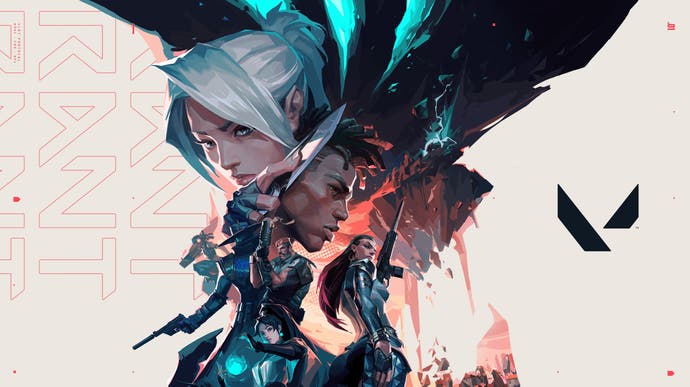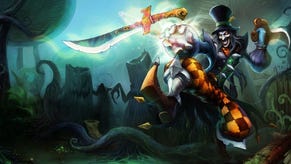This is how women are really treated in competitive multiplayer games
"The greatest difficulty of these games is not the gameplay - it's the culture."
An experiment run by Women in Games Argentina has revealed how many females are really treated in competitive multiplayer games.
As shared by TikToker KristaByte and then tweeted by streamer LuluLuvley, the organisation tasked three male professional Valorant players to jump online and play as usual, only halfway through, the players were asked to enable voice changers to make them sound more female.
"What do you think would happen if men disguised their voices in a Valorant lobby as women?" Krista asked on TikTok.
"Women in Games Argentina decided to try this experiment. They had three professional Valorant players who were men join a lobby and play and - during the middle of the match - they put on voice changers to sound like women.
"This experiment went exactly as you would think it would go. As these guys turned on their voice changes any semblance of cooperation - seriously, [it went] out the window."
The men found themselves being called a number of sexist slurs and were trolled for "playing a man's game" which, I'm afraid to say, is still pretty common for most females who turn on voice chat during multiplayer matches (and is why I'm not super keen on Warzone/Modern Warfare 2's proximity chat).
It's not just that, though. The experiment found that before the men changed their voices to sound more feminine, one of the players racked up 15 kills and two deaths in a game. In the next match, however - with the voice changer on - they had 16 deaths because "the male players that they were playing with in the lobby just refused to play with them whatsoever".
Here's a video that encapsulates the whole thing. Proceed with caution, though; the language goes from simply rude to plain unpleasant and may be upsetting:
One of the experiment's participants, Alfredo, said that "the experience really takes away from your desire to play", adding: "It's something you do not want to do anymore. I don't want to imagine having to live an experience like this on a daily basis". Another player, Lucius, reportedly said he felt "indigination and frustration".
"Unfortunately, that's the reality for most women who do try to start any sort of career or even a hobby playing an esports game," Krista concluded. "This is why women don't feel like they can pursue a career in gaming or esports because they are treated like this.
"The greatest difficulty of these games is not the gameplay - it's the culture."










